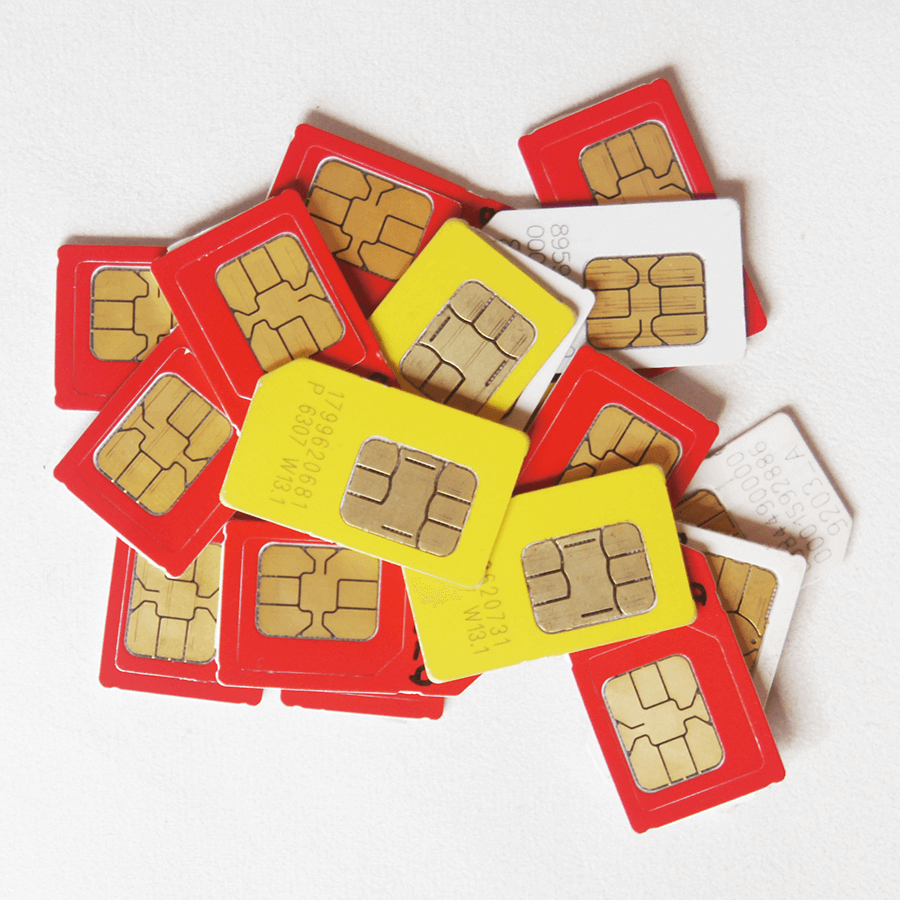The Uganda Communications Commission (UCC) and telecom companies are making a final push to remind cardholders to act fast to avoid potential disconnection.
This urgent appeal comes just one week before the 180-day window, given by the UCC to telecom companies for the regularization of all registered SIM cards by November 12, 2023.
This initiative is in strict compliance with the regulations outlined in the Interception of Communications Act.
SIM card regularization requires registered owners to physically visit their respective telecom providers with their original national identity cards for a thorough screening and verification process.
According to data from the UCC, Uganda has more than 30 million registered SIM cards, but approximately 2 percent of them are classified as non-regularized, totaling around 600,000 subscribers.
The regularization process aligns with Section 9 of the Regulations of the Interception of Communications Act, which mandates telecommunication service providers to collect comprehensive customer information, including personal and business details, before offering services to individuals or entities, and to maintain records.
These regulations also require that each active SIM card must be associated with a National Identification Card, with a limit of no more than 10 SIM cards from the same telecom company per cardholder.
Abudu Salaam Waiswa, the Head of Legal Affairs at UCC, emphasized that the sole purpose of this exercise is to ensure compliance with the law and to have every subscriber fully registered, in line with existing legal requirements.
He noted that affected subscribers who have not yet completed the process will be contacted by their respective telecom companies.
The regularization process for Ugandan nationals specifically demands a National Identification Card for barcode scanning and thumbprint verification, referred to as biometric matching.
It’s worth noting that these requirements have been introduced at a time when a significant portion of the population lacks National IDs. Nevertheless, Waiswa stressed that the law requires only this document for the exercise and encouraged those without National IDs to contact the National Identification and Registration Authority (NIRA) to obtain the necessary documentation.
He assured those without National IDs that a letter from NIRA confirming their details would be accepted, facilitating the regularization process. “We understand the plight of people who don’t have National IDs; however, the authority to issue them lies with NIRA. For this particular exercise, NIRA has worked out a mechanism for writing a letter that confirms one’s particulars to all concerned parties. With this letter, we will be able to serve you. So, for those without IDs, let them go to NIRA. Whoever has this letter, we shall be able to support them through this process,” he explained.
Individuals whose SIM cards may be deactivated need not worry about losing their mobile money. This is due to the existence of the national mobile payment systems number, which allows customers to access their funds even without their SIM cards. As Waiswa explained, customers can still access their money by proving their ownership to the service providers, especially with their National ID.
“If someone cannot prove ownership, the funds will be held by the operator for nine months, after which they will be transferred to the central bank, where they will be safeguarded until claimed with proper ownership proof,” he added.
At the meeting, Airtel Uganda was represented by Dennis Kakonge, the legal and regulatory director, while MTN Uganda was represented by Julius Mboizi, the company’s senior manager for regulatory affairs. Both affirmed that this comprehensive effort to regularize SIM cards aims to strengthen national security, ensure full compliance with the law, and protect the interests of Ugandan citizens.





